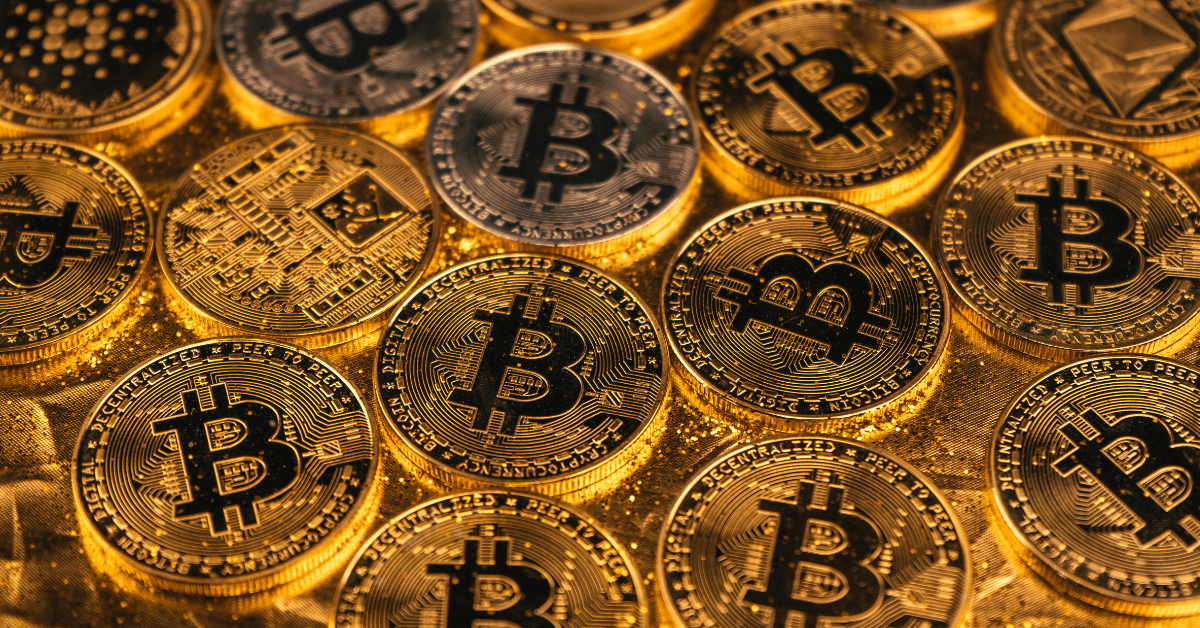Hard Fork Upgrade Completed by Polygon: Improving Chain’s Performance
Recently, Polygon concluded a hard fork upgrade. The change is anticipated to reduce instances of high gas prices and chain reorganizations, resulting in a smoother and more reliable user experience while engaging with the Polygon chain.
Completed Hard Fork Upgrade by Polygon
To reduce gas spikes during transactions and disruptive chain reorganizations, or “reorgs,” Polygon, an Ethereum scaling solution, successfully executed a hard fork known as the Polygon Delhi Fork. The software change reportedly took place on Tuesday, according to Polygon Labs, the firm in charge of it.
With over 2.3 billion processed transactions, 207 million unique addresses, tens of thousands of decentralized applications, and a small carbon footprint, the Polygon PoS (proof-of-stake) chain has established itself as the top location for dApps.
It is home to some of the biggest Web3 initiatives including Uniswap and Aave as well as well-known corporations like Robinhood, Adobe, and Strip. Recently, Polygon and Mastercard agreed to collaborate on a Web3 incubator.
The Newest Upgrade From Polygon Aims To Lower Fees
Polygon has provided a series of proposals along with the expected results. Two proposals that were presented in December were part of the hard fork. About 87% of the Polygon validator teams chose to support the suggestions.
First, by lowering the rate of change for the basic gas cost from the current 12.5% to 6.25%, the hard fork aims to lower the exponential gas charges. Additionally, a more constant gas fee during periods of high demand is intended by the improvements, much to how Ethereum’s current gas fee dynamics operate. The goal is to make the spikes more uniform and to make interaction with the chain more convenient.
The Newest Upgrade From Polygon Addresses Reorgs
In order to avoid frequent chain reorganizations, the second suggestion seeks to shorten the time it takes to complete a data block. When a validator node receives information that generates a temporary version of the blockchain, these frequent reorgs take place.
Additionally, the adjustment won’t affect how much time a validator spends overall or how many blocks they produce, therefore the rewards won’t change. The native token for Polygon, MATIC, is now trading at $1.01 and has increased 17.76% in the previous week.

















